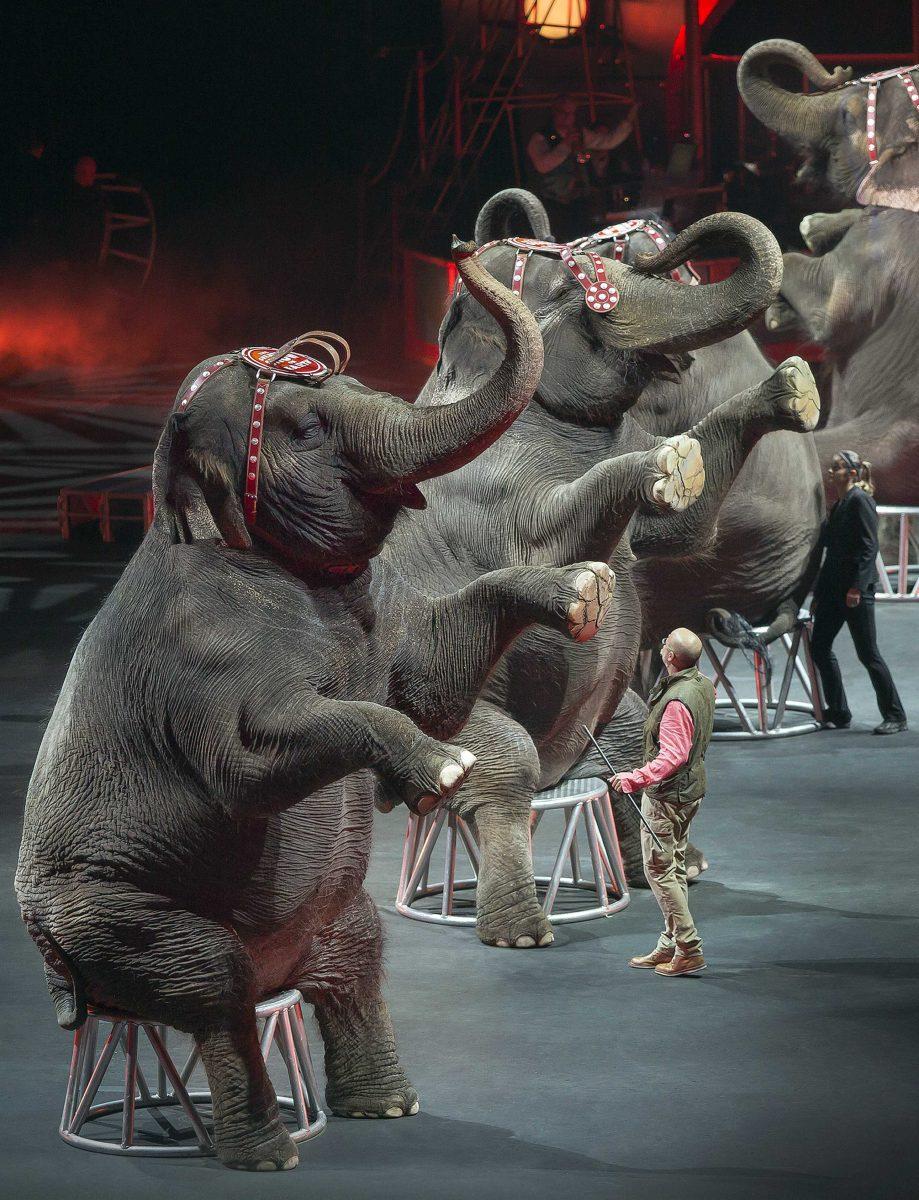Did you know, for years, Blue Bayou waterpark has kept a monkey in a tiny cage for your entertainment? He smokes cigarettes, if you have any.
You won’t find much about him on the Internet, and no one knows his name, but he’s been there for as long as most locals can remember.
We all love Mike, who has a spacious enclosure with all the amenities a caged tiger could want. But do you know Tony, the tiger who lives in a cage at the Tiger Truck Stop in Gross Tête?
The Big Cat Rescue organization receives more complaints about Tony than all other animals combined. Last year, Gov. Bobby Jindal signed a bill to remove the protections Tony received under the 2006 big exotic cats law, thwarting efforts to find Tony an appropriate home.
Perhaps he wants a backup cat in case LSU loses Mike to the budget cuts.
It seems bizarre that, in an age of unlimited virtual entertainment and convenient travel to exotic destinations, people are still seeking amusement from caged animals. But we are seeing the beginnings of change in the place you might least expect it — the circus.
Last week, Ringling Brothers announced it will retire the 43 elephants it currently uses in its shows by 2018. The animals will be sent to live at a conservation center in Florida.
Though this is certainly a welcome move from the company, Ringling Brothers has made no plans to stop using other animals like lions, horses, tigers, camels and dogs in its shows.
A show with live animals might look amazing and entertain young children, but there is no getting around this fact: These animals are being exploited for our entertainment.
Animals do not have a voice. They do not get a say in their treatment. They do not get a day off when they are sick, hurt or just sad.
For-profit enterprises like circuses do not make the welfare of animals their priority. According to a PETA spokesperson, the elephants Ringling Brothers uses in its shows are painfully arthritic, and many have tuberculosis.
It would be unthinkably cruel for Ringling Brothers to force old, sick employees to continue to perform. Why is it acceptable to force animals to do the same?
The continued exploitation of animals for profit and entertainment needs to stop. In 2015, this business model seems antiquated at best and barbaric at worst. We do not need this kind of entertainment. In fact, we are above this kind of entertainment.
Yet, we see it everywhere. We see it in amusement parks like Blue Bayou, we see it at low-key attractions like the Tiger Truck Stop, and we see it at big-name attractions like SeaWorld.
The Ringling Brothers announcement brings some welcome attention to the plight of animals in the entertainment business, but animals everywhere continue to suffer in the name of entertainment.
Help these animals find a voice. Donate to the Big Cat Rescue organization, who go to great lengths to ensure that cats like Mike live happy lives. Or give to PETA, one of the most outspoken organizations for animal welfare. Put pressure on lawmakers to ban the use of animals in circuses and private ownership of exotic animals like Tony.
And for the love of God, don’t give the Blue Bayou monkey a cigarette.
Alex Mendoza is a 22-year-old political science and international studies senior from Baton Rouge. You can reach him on Twitter @alexmendoza_TDR.
Opinion: Ringling Brothers retires elephants, but animal exploitation continues to run rampant
By Alex Mendoza
March 11, 2015
In this Jan. 3, 2015 photo provided by Feld Entertainment Inc., elephants perform at the Ringling Bros. and Barnum & Bailey Circus, at the Amalie Arena in Tampa, Fla. The Ringling Bros. and Barnum & Bailey Circus said it will phase out its iconic elephant acts by 2018. (AP Photo/Feld Entertainment Inc., Gary Bogdon)
More to Discover











